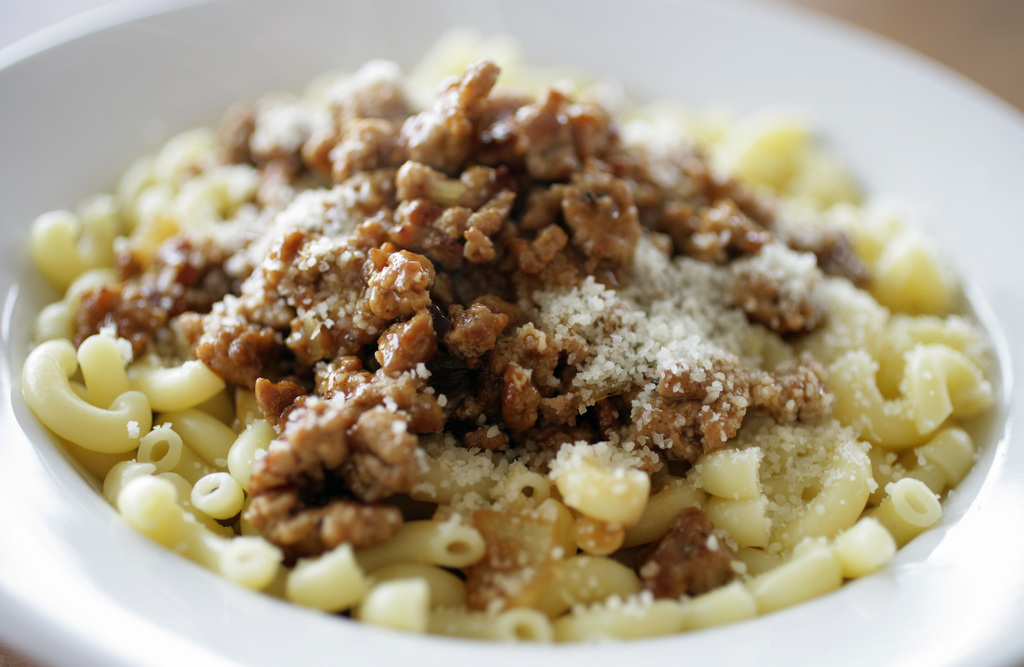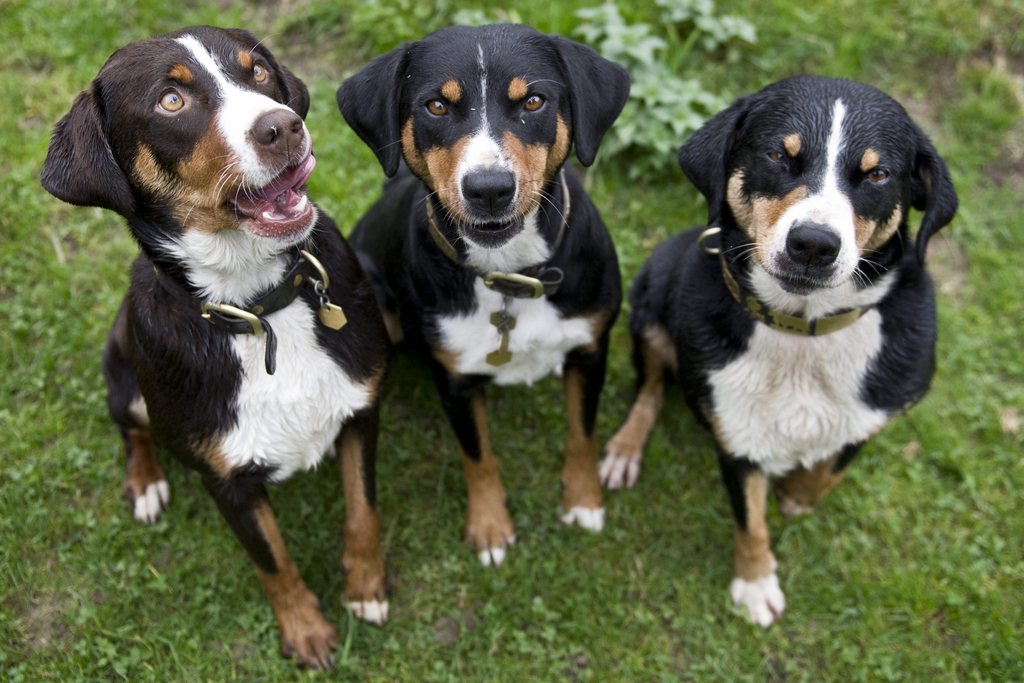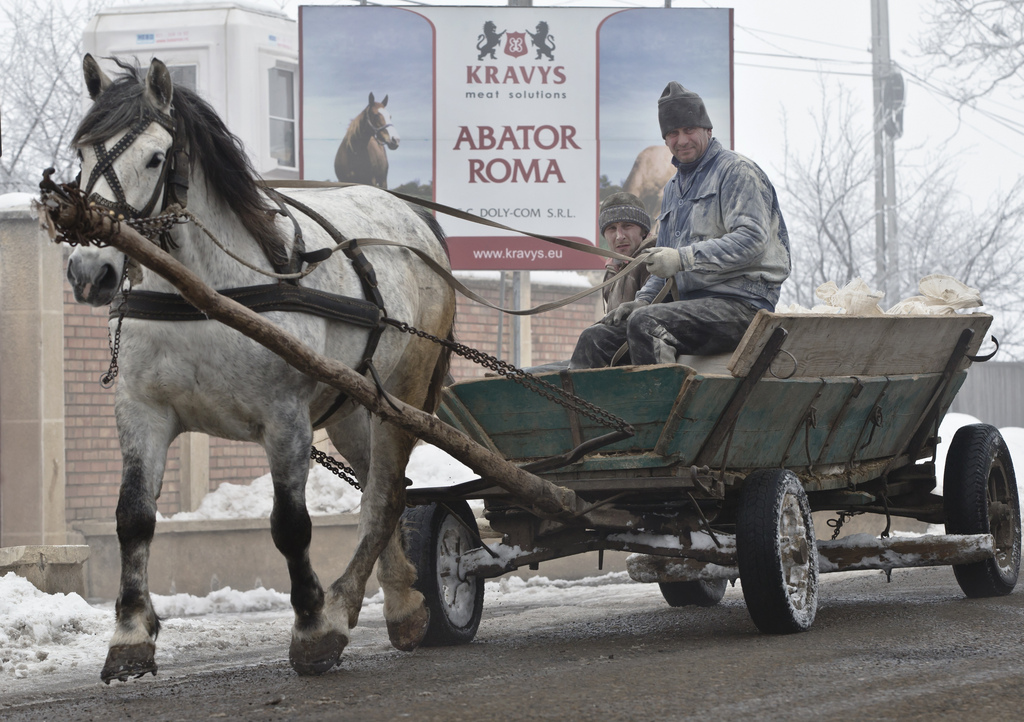Report prompts recall of labelled horsemeat

In response to a nationally televised programme showing horrific conditions for horses whose meat ended up on Swiss dinner plates, several of the country’s supermarkets have pulled most labelled horsemeat products off their shelves.
The episode of the investigative programme “Kassensturz” on Swiss television showed footage of horses being beaten, neglected and transported for hours without food or water before being slaughtered.
The revelations came at a time when horsemeat is already in the news for a completely different reason: a Europe-wide scandal involving undeclared horsemeat found in frozen meals labelled as containing only beef.

More
Retailers could face charges in horsemeat scandal
While horsemeat is much less popular than other meats in Switzerland, it is by no means taboo. The Observatory of the Swiss Horse Branch estimates that between 600 and 700 grams of horse meat is eaten per person per year.
The footage was gathered by workers from the Zurich Animal Protection League who travelled to horse feed lots in Canada, Mexico and Argentina owned by the Bouvry, Camargo and Lamar enterprises. Most Swiss horsemeat comes from those three countries; only eight per cent is domestically sourced.
The Animal Protection League collected most of the footage “a few months ago”, according to Kassensturz, although some excerpts dated from 2010.
Ahead of the programme’s national airing, Swiss supermarkets got wind of its contents and reacted by halting the sale of much of their horsemeat while the investigation continues.
Coop supermarkets kept fresh horsemeat on their shelves, all of which they say comes from Europe, but stopped selling horse charcuterie which contained meat from the places investigated by the Animal Protection League.
While the Denner supermarket chain stopped selling all horsemeat products, its parent company, Migros, told the NZZ newspaper that it believes its Canadian horsemeat handler is treating its animals properly. A Migros spokesperson told the newspaper that the slaughterhouses “were subjected to our independent controls and were checked by a Swiss veterinarian”, the last time in July 2012.
According to Kassensturz, the supermarkets Aldi and Lidl pulled all imported horsemeat products from their stores.
Nestlé, the world’s biggest food supplier based in Switzerland, announced Tuesday it was pulling chilled lasagne meals from sale in France and Portugal because it feared they contained traces of horsemeat. For the first time, the recall involved meals distributed to hotels and restaurants in addition to those on supermarket shelves.
On Monday, beef-filled tortellini products sold in Spanish and Italian grocery stores were also pulled from supermarkets as the horsemeat inquiries continued. Nestlé had previously said its products did not contain horsemeat.

In compliance with the JTI standards
More: SWI swissinfo.ch certified by the Journalism Trust Initiative









You can find an overview of ongoing debates with our journalists here . Please join us!
If you want to start a conversation about a topic raised in this article or want to report factual errors, email us at english@swissinfo.ch.